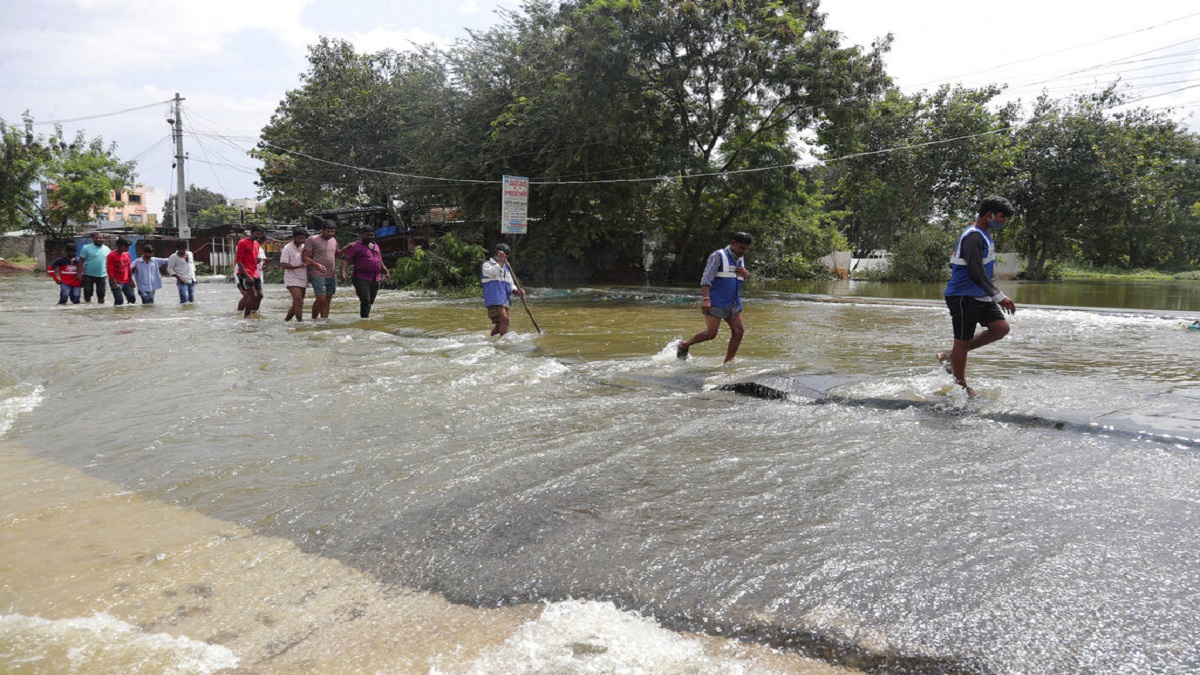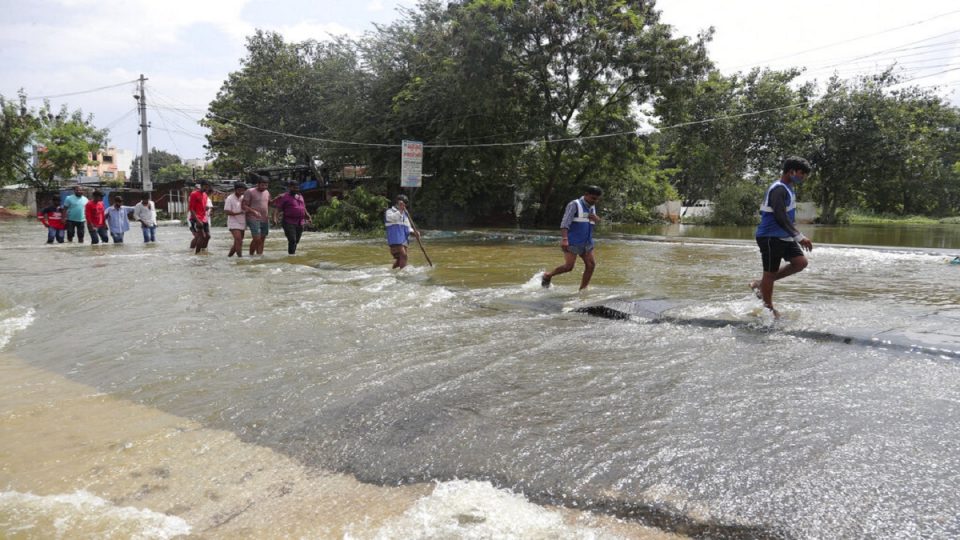1Shares

Global challenges and trends of India and world have changed considerably in recent years. Our urban areas are developing and expanding posing a great environmental risk. In the recent years, India has witnessed flood challenges in major cities and metros are hardly an exception now.
Environmental threats are increasing because of poor planning, global warming and environmental degradation. However, Urban floods are increasing, owing less to precipitation trends and more to poor town planning. They’re different from rural floods in many ways and need a different approach to understand and mitigate them.
Floods are deemed a climatic emergency. Bare lands have no outlets of water flow as a result of which water overflows over the roads instead of getting into drains. We haven’t done well in managing well planned cities. Many of us make the error of labelling the scale of every disaster a “natural” calamity without taking into account our own negligence. Very often, natural disasters’ affects are aggravated due to manmade conditions.
This calls for a closer attention to urban planning to reduce the risks to life and property. Flow of rain water should be channelized. Water bodies like canals, riverbeds, lakes, channels, rivulets should be cleaned regularly so that the water doesn’t overflow onto the plain surfaces. Proposed buildings or sites should be effectively managed and maintained. Effective sewers management with regular cleaning should be done regularly. Urban Floods disrupts our daily life and activities.
Scientific hydrology balancing wisdom and experience of farmers must be taken into account. Afforestation, construction of dams, interlinking of major rivers which was the vision of our former president APJ Abdul Kalam should be effectively implemented.
Muneer Shamee
|
Be Part of Quality Journalism |
|
Quality journalism takes a lot of time, money and hard work to produce and despite all the hardships we still do it. Our reporters and editors are working overtime in Kashmir and beyond to cover what you care about, break big stories, and expose injustices that can change lives. Today more people are reading Kashmir Observer than ever, but only a handful are paying while advertising revenues are falling fast. |
| ACT NOW |


